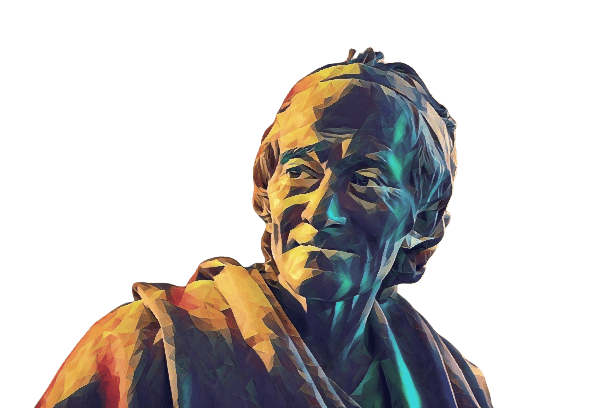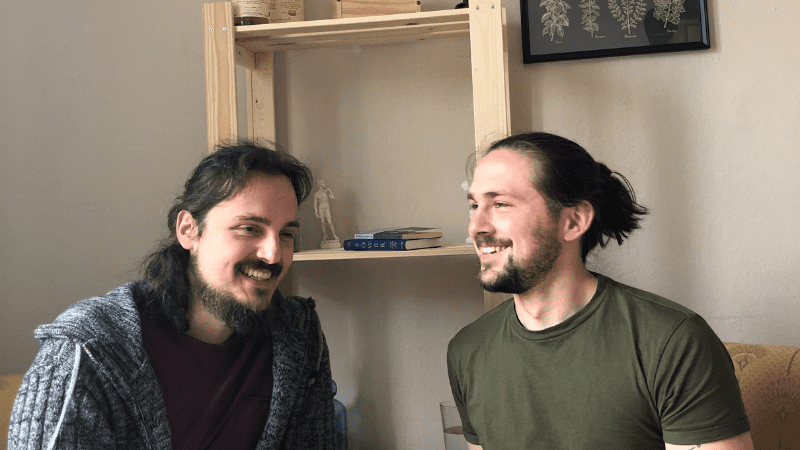Voltaire: Man is a creature of time
Voltaire was one of the most important philosophers during the Enlightenment, an intellectual movement in the 18th century. He was born in Paris in 1694 and spent most of his life in France. Voltaire is best known for his wit, his criticism of Christianity, and his advocacy of civil liberties such as freedom of religion and speech. He was a writer, playwright, poet, and philosopher. His influence on Western thought and culture is undeniable.
"Every man is a creature of the time in which he lives, and few can rise above the ideas of time."
Voltaire
The quote refers to the tendency of most people to accept the prevailing ideas of their culture or society. According to Voltaire, few people are able to rise above their historical context and think independently. This is because most people are socialized into their culture and beliefs and are pressured to conform to the norms and values of their community. Therefore, it takes courage and critical thinking to break free from the constraints of one's environment.
This quote reminds us that our beliefs and values are not absolute or universal, but rather are shaped by the historical and cultural context in which we live. We should always question the assumptions and biases of our society and strive to think independently. This is especially important in today's world where polarization and tribalism are prevalent. By keeping an open mind and engaging with different perspectives, we can become more empathetic, informed, and tolerant.
Voltaire's life and work embody this spirit of critical thinking and independence. He was a fierce critic of the monarchy, the church, and other forms of authority, and therefore endured persecution and censorship. Nevertheless, he continued to advocate reason, tolerance, and human dignity. His most famous work, Candide, is a satire that exposes the absurdity of optimism and the evils of war and oppression. Voltaire's legacy lives on as an inspiration to all who wish to challenge the status quo and promote human well-being.

However, it is important to keep in mind that Voltaire did not encourage doubting everything and everyone. The best proof of this was his advocacy of reason. He took a keen interest in science and often praised the achievements of scientists such as Isaac Newton and Gottfried Leibniz. Voltaire did not doubt science when it was based on empirical evidence and logical reasoning, and he criticized those who relied on superstition, dogma, or prejudice.
He defended the scientific method and the right of scientists to question established authorities and challenge conventional wisdom. He also applied scientific principles to his own philosophical investigations, such as his famous argument for the existence of God based on the order and harmony of the universe.
Conclusion
In conclusion, the quote "Every man is a creature of the time in which he lives, and only a few are able to rise above the ideas of the time" reflects Voltaire's belief in the power of critical thinking and individual freedom. We should all strive to be the few who rise above the ideas of our time and think for ourselves. Voltaire's life and work exemplify courage, wit and humanity, and we can all learn from his legacy.







